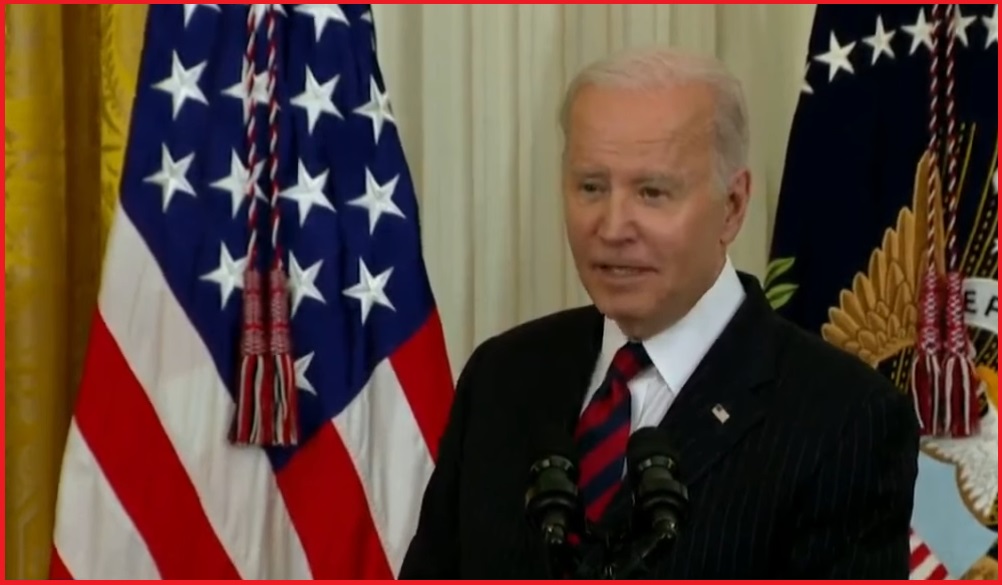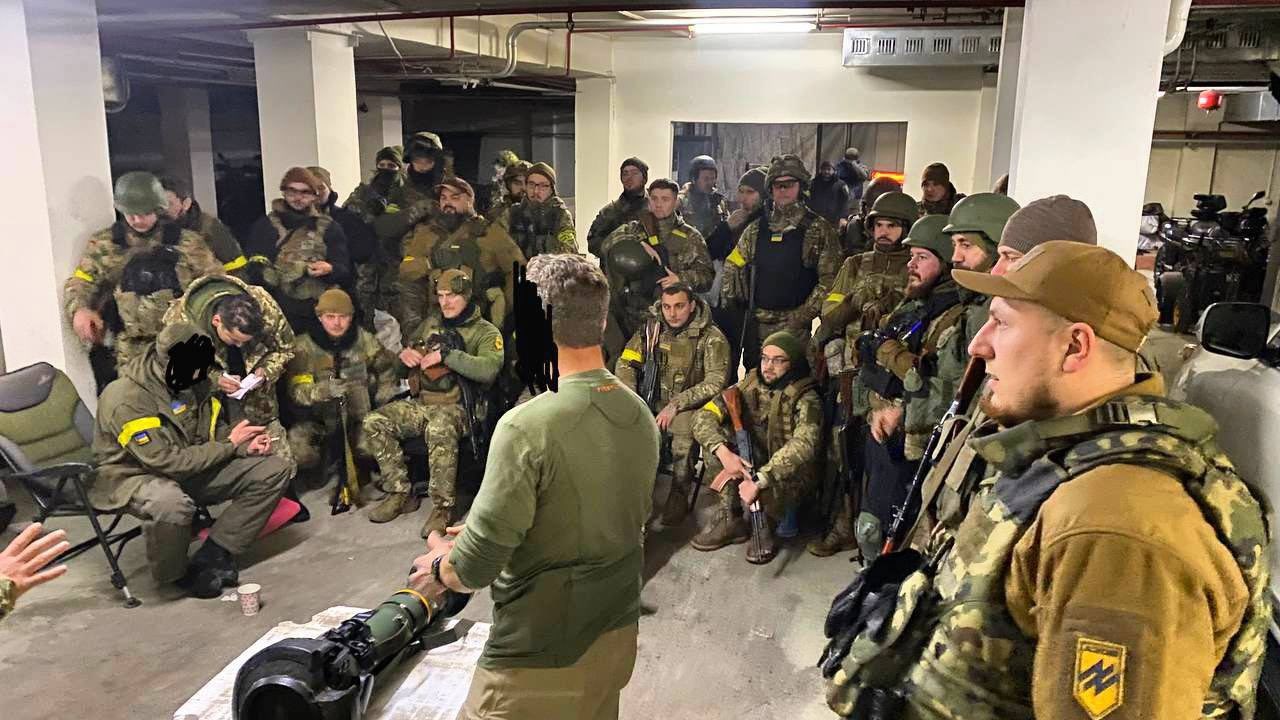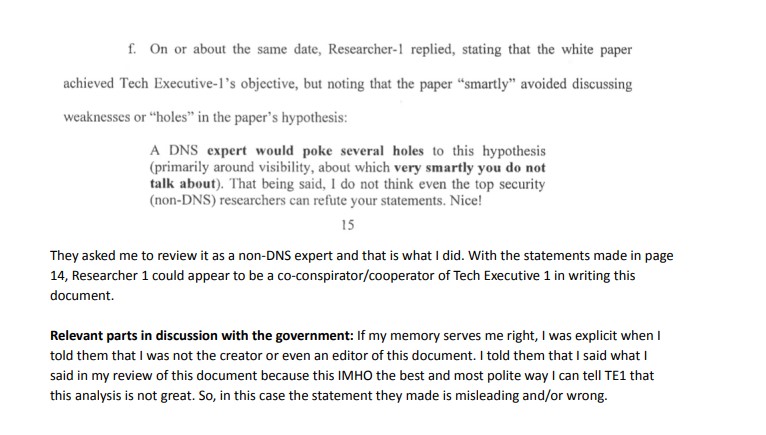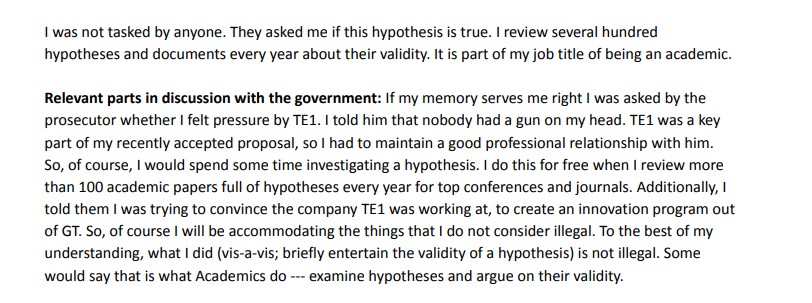

AUSTIN, Texas – Russia’s war on Ukraine has seized America’s attention from the mass migration crisis on the U.S.-Mexico border, where more than two completely full Superbowl Stadiums worth of foreign nationals (150,000) are still crossing each month.
But worse news closer to home is coming.
In the far south of Mexico, the central government is about to release a sea of U.S.-bound migrants it has dammed up behind the bureaucratic barrier in the southernmost city of Tapachula. The coming swell has risen to more than 73,000 angry, mobbing, rioting migrants from January 1 through March 8, according to the Americas edition of EFE.
Mexico has been blocking migrant forward movement under an agreement with the Biden administration as a kind of artifice that makes mass migration numbers at the American Southwest Border seem less than if Mexican just waved them all through. But instead, the agreement with Biden has Mexico using its National Guard to block roads out of Tapachula while requiring migrants to apply for Mexican humanitarian visas necessary to proceed unchecked north to the American border. The Mexicans slow-roll processing as the migrant population grows and agitates for release from what they call an “open prison city.”
But if very recent history is any indication, the Mexican government is just about to open the floodgates and let all 70+ thousand rush north without the permission papers, the quickest way to relieve their own domestic political problem. Those tens of thousands of migrants it blocked for Biden are rioting almost daily, demonstrating for “free passage” by sewing lips shut for dramatic protest effect, occupying Mexican immigration offices, battling one another, blocking city commerce – and constantly growing inside the pressure cooker.
This has happened before, just like this, and always led to mass release. But if Americans aren’t paying close enough attention, the Mexicans will trick them into missing that it even happened.
The last time this brawling, violent, disrupting migrant population built to an intolerable threshold, 50,000 of them in December, the government of Mexico released them all north employing a tactic known as an “ant operation.” The term connotes a tactic usually attributed to criminal organizations that ship large volumes of drugs using small distributed parties and individuals in many single-file lines so that most avoid public notice or politically unwanted media attention.
That’s what happened in December last year. Tapachula was experiencing much migrant indigestion as it is right now: 50,000 blocked and angry migrants brawling, fighting, demonstrating, and disrupting city life every day. Mexico’s central government ordered that special “QR Code Visas” be made available to all 50,000. The QR Code Visas required migrants to board hundreds of government-arranged buses that were heading to 14 different designated Mexican cities in the north.
When it was all over, no one noticed that tens of thousands headed for the border in an “ant operation” exodus over about a week’s time between Christmas and New Year’s Day.
“The whole city [of Tapachula] was collapsing because there were so many here in town and they were blocking the roads and causing disruptions ... so that’s why they were moved out,” Clemente Miguel, director of the local newspaper Noticias de Chiapas told me when I was in Tapachula in January. “There’s no infrastructure to hold them all in one area, and no other Mexican state wants them, so they’re intentionally spreading them all out.”
The ant operation served everyone’s political and diplomatic interests well, just about, anyway. It worked for the Mexican government for not having to withstand the public outing as failing its end of the migrant block-and-hold bargain with Biden.
And the ant operation worked well for the Biden government, which abhorred potential media coverage of thousands more migrants tallied in the already terribly polling monthly Customs and Border Protection apprehension reports.
Both governments win big with ant operations because their stealth ensures that no huge caravan or Del Rio migrant camp could form that would draw media attention and cause political damage to either the Mexican or American government, or open diplomatic rifts. (A first early Mexican government ant operation in September went awry for lack of sufficient diffusion and caused the infamous Del Rio migrant camp.)
Almost certainly, the ant operations work wonders for migrant morale since most likely ended up inside the United States. None among the migrants really bother to pretend the QR Code Visas are anything but a free pass to cross the American border. The QR Code Visa cover pretense was that each migrant had to voluntarily report to Mexican immigration in the various cities. But the documents have been found crumpled and discarded all over the Texas side of the Rio Grande.
The popular Mexican podcaster and journalist Carmen Aristegui wrote on December 31 that the Mexican government accelerated the transfers of “tens of thousands” of migrants seeking to reach the United States “to various other Mexican regions” and quoted some of them admitting they’d use their new freedom to break for the American border right away. One Cuban woman, for instance, “confessed” that she would use her QR Code Visa to continue to the United States.
Which makes the only real loser the American taxpayers, who had no say in allowing city-sized populations of foreign nationals every month into their schools and emergency rooms, for starters.
From everything I’m seeing in Tapachula right now – the huge numbers of migrants rioting, demonstrating, and agitating to Let My People Go – I expect the next ant operation any day.
The significance of more public understanding about Mexico’s quarterly “ant operation” is that it be seen in its proper context as a useless ruse, a bilateral agreement between two countries that contributes nothing real. Mexico’s big enforcement and blockade show on its own southern border is just phony, and kind of stupid once you know what’s happening.
Everyone in government and media on both sides of the border ought to just admit the pretense, smile together knowingly and try something else.
But, if that doesn’t happen, Americans should watch for the signs of the next ant operation: the short-lived return of tranquility to Tapachula, QR Code Visas turning up on the Rio Grande, a spike in CPB apprehension numbers soon after, and then news once again of riots and demonstrations in Tapachula. It’ll be rinse, wash, and repeat from here on out.






 The reason is for the warning was simple – if NATO is providing weapons and training, they’ve got to be doing the distribution and training somewhere in Ukraine near the NATO border. Conduct war operations in a war zone, and you run the risk of war outcomes.
The reason is for the warning was simple – if NATO is providing weapons and training, they’ve got to be doing the distribution and training somewhere in Ukraine near the NATO border. Conduct war operations in a war zone, and you run the risk of war outcomes.





